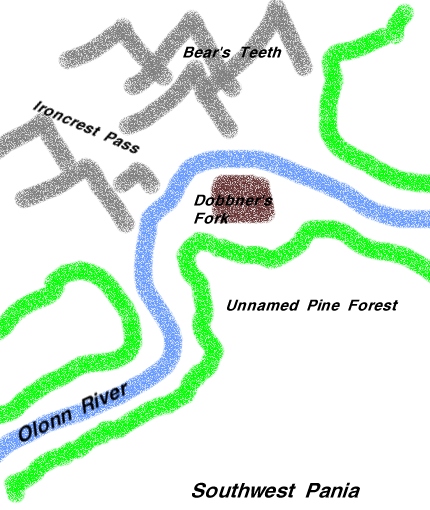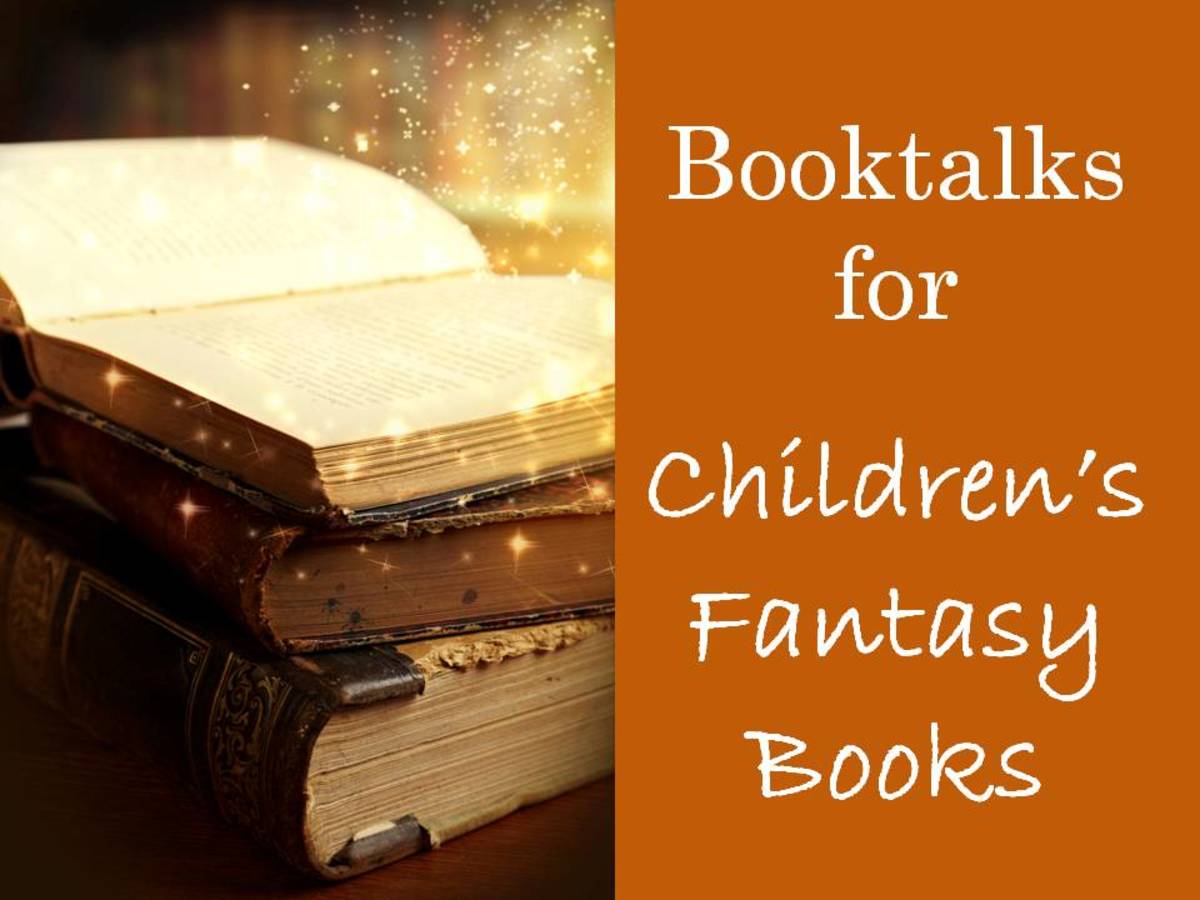One Way to Start Writing Fantasy Fiction

Know What You are Getting into Before Writing Fantasy
Writing fantasy is so fun because writers get to create distinctive tales centered around unique settings. This may sound easy. What's so difficult about telling a tale that the writer made up? There no research at least, right? The writer gets to take the story wherever he or she wants, right? Well, no, not really.
Writing a novel based in real places or persons requires research, of course. Creating a fantasy setting will probably have the author researching, too, however. For example, say the writer is describing a snowy meadow filled with fantastical plants upon which some mythical beast is munching. If the author describes the creature as appearing carnivorous and lacking any sort of body that can withstand the cold, the reader might be skeptical.
The setting and its inhabitants should make sense to the reader and this guide has been prepared for would-be fantasy writers who want to create a place they can call their own. Whether it be for games, novels, or short stories, fantasy is not easy to create. It is one of the most difficult genres for writers to have success getting published and it requires far more work than the beginner would suspect.
Know Why You're Writing Your Story
The most important thing to do, if you've been weighing whether to write your fantasy story or not, is to decide why you want to write it in the first place. Are you writing it to make money? Are you writing it to deliver a message to readers? Or are you simply writing it because you want to inspire the imaginations of your fellow man. Once you've decided on a reason to write your fantasy, remember it.
Altering the storyteller's voice mid-story, or suddenly writing a chapter that doesn't jibe with previous material, are two common mistakes that can be avoided if you know why you are writing your particular fable. Set realistic goals and write the story in a way that you feel will help it meet those goals.
If you're like most fantasy fans, you probably have a million ideas about fantasy settings, creatures, and heroes already. That's good. It will help you immensely in your efforts to create an original fantasy world. And for those that are younger and have not been influenced by fantasy writing or entertainment, telling your story is a good way to free your imagination and build the bedrock for your future fantasy fiction.
Whatever you are using to write with, you will need to use it. The most overlooked obstacle to fantasy writers is their tendency to put off getting ideas down on paper (so to speak). Ponder what you want your story to be, and have an idea as to what this fantasy world will mean to readers. Work out a beginning and an ending that won't leave readers disappointed. Put some thought into what you want your original voice to be saying to your readers, what major event your story is going to describe, and then set aside some time to start writing the story.
Broader Setting Example
In Southwestern Pania, not many leagues from the Horrien border, is the tiny farming village, Dobbner’s Fork.
It is so named because it was founded where Ironcrest Pass intersects with the Olonn River. The pass north into the rocky heights of the Bear’s Teeth Mountain range is one that is seldom used by benign travelers, at least these days. Now the barbarians that once protected travelers to their wintry homelands are gone, and the Pass sits empty.
The Olonn River flows east from the Western Plains, and out into the Sea of Empires. This river is home for many towns and villages along its vast length, primarily because it is a gentle river; it rarely floods, and slowly meanders its way in snake-like fashion through cool pine forests and fertile hills.
Building a Fantasy Setting
Creating a fantasy world is not something that is done in, say, seven days. It takes much longer to create settings that aren't completely forgettable to a reader. Your opening setting needs to set a tone for the story you are going to tell. There is no better example of this than JRR Tolkien's Fellowship of the Ring.
The hobbits in his story carried the Shire with them throughout the trilogy, and because Mr. Tolkien so splendidly described his opening setting to his readers, The Shire meant something to them, too. Your fantasy world needs a starting point. Whatever you decide you want it to be, write it down. You can modify or expound on it later.
Fantasy world creators should remember to leave their characters some room for them to explore. In the example provided here, having a general idea of what the area surrounding a town called Dobbner's Fork is like before beginning your description of the village itself, will help to decide what sort of people live there.
Drawing a simple map of the village and the surrounding area is a beneficial way to begin. You still want to keep developing a mental image of your setting, but you can visualize aspects like travel better when viewing a map. Write a short descriptive summary of key settings in your world, and then rewrite them as needed once you develop more of the story.

Basic Maps Aid Story Tellers
With a basic map and descriptive narrative about a few key setting features, stories within your imaginary world can begin to be developed. If you are writing a novel, for instance, your main story line will probably include many lesser stories within it. In the tiny bit of information shown above, we can determine what might be an interesting story to tell people that will be experiencing this world for the first time. We have some information. Let's examine what we could do with it.
- The village itself would be populated by farmers and merchants. Maybe there is an interesting boatman that occasionally provides ferry rides across the river to the mountain pass. The river itself could be further described, and might provide an environment for fishermen, or even ships. Should we keep it a village or make it a city? There would be few people to encounter, and there isn't normally anything exciting happening, other than what you would find in a typical farming community.
- Barbarian undead sound like a real possibility for the Pass. Should we have them wander into Dobbner's Fork, or should we have them encountered while our hero(es) travel through the mountains? Bandits would seem likely encounters there. A hidden lair of some powerful creature could easily be hidden there since it is rarely traversed. There are possibilities for good story lines within a brief descriptive setting narrative and a visual tool, such as our map.
- Answer some of the questions asked by the descriptions. Knowing the answer to 'Why are the barbarians gone?', could seriously aid you in your effort to tell your story.
There are many other ways to begin your story. Maybe you're one of those rare talents that just sits down at the keyboard and the story flows. The advice given here is basically to break down larger work - the story being written in one's imagination - into smaller works, and then build them back up - the actual story, physically written. You'll find that your story makes more sense and paints a better picture by knowing details about your world before writing the finer details of what is to happen in it. Give depth to the people and places in your story and you will have written something that people have always loved - a good tale.





